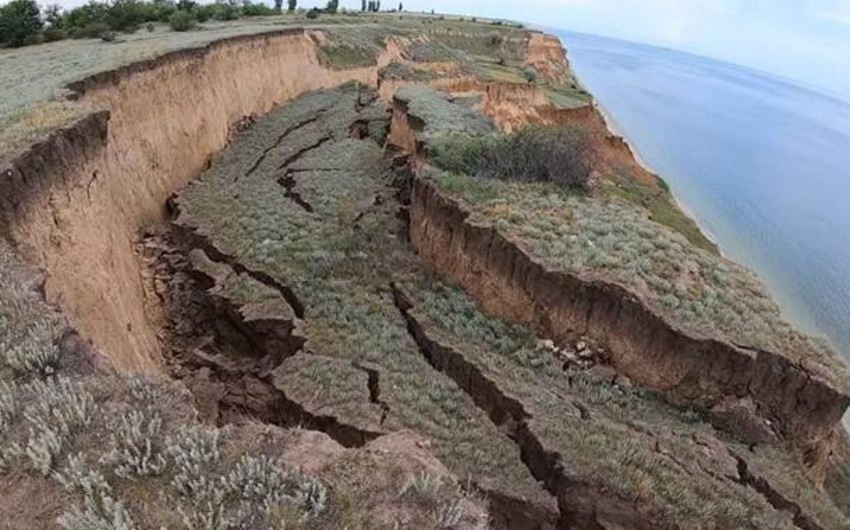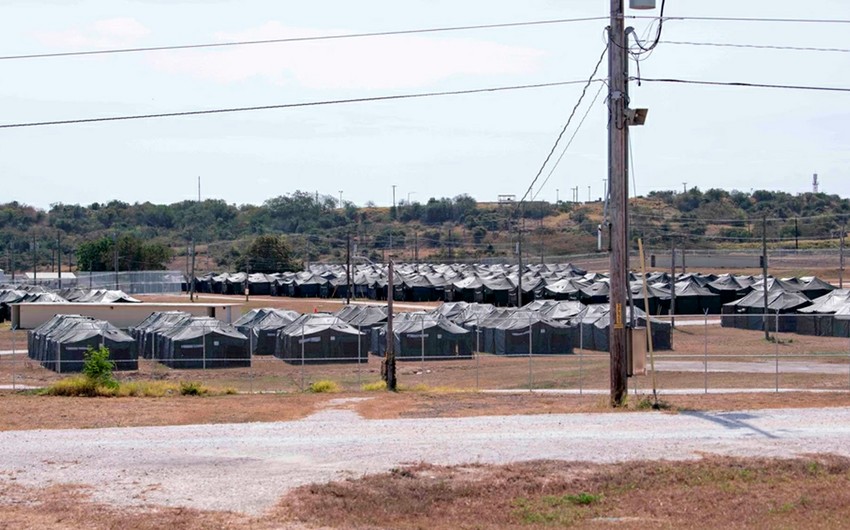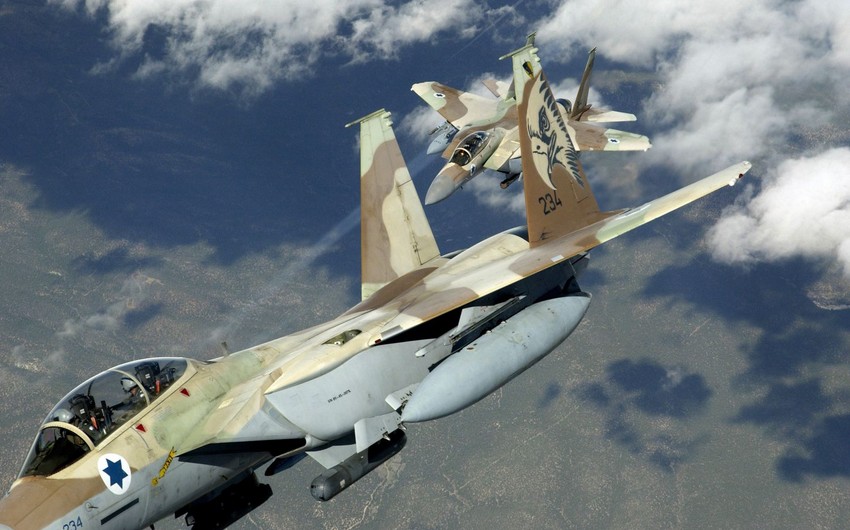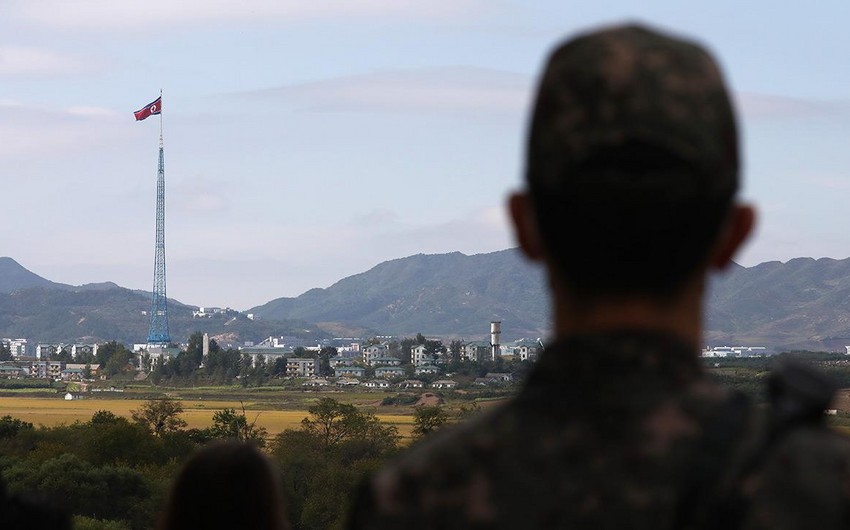Pakistan possesses its longest border with one of the least peaceful countries in the world—Afghanistan. The bordering region was known as the tribal zone lacking social welfare and suffering instability for a long time before Pakistan took the decisive initiative in June 2014—- Operation Zarb-e-Azb.
Currently, Pakistan achieved a decisive victory against terrorist and militant groups operated the border.
Operation Zarb-e-Azb was the main point and the final blow to the militants undermining the country’s security. The authority announced a full clear of the territories from terrorist groups after this operation.
The name of the operation has two meanings one is a “sharp strike” and the second means the sword of Islam’s Prophet Muhammad (PBUH)“Azb”.
The operation was started in the North Waziristan tribal area and spread wild place of northwest Pakistan, Khyber Pakhtunkhwa. The military actions were coordinated by the then Chief of Army Staff General Raheel Sharif.
Understanding Northwest of Pakistan
Northwest of Pakistan is located along the border with Afghanistan. The region covers North Waziristan (starting place of Zarb-e-Azb), Khyber Pakhtunkhwa. For understanding the difficulty and necessity of the operation, it is important to know the region where it was conducted. We will view the region in terms of three aspects: social, economic, and geographic.
The society in the region can be described as a tribal community. Areas are populated by small tribes which are considered as Pakhtuns.
Education in the region was (is) underdeveloped and one of the main reasons was instability since Afghan Jihad when Pakistan became the launching pad for Jihad against for the Soviet Union.
According to The erstwhile Federally Administered Tribal Areas (FATA) Development Household Indicator Survey (2013-2014), the literacy rate among the male population was 45.7% and among females was 11.5%. These indications are (were) below other regions of Pakistan. FATA was a semi-autonomous region in the northwest of Pakistan which was merged with Khyber Pakhtunkhwa in 2018.
The economy of the region is mainly pastoral, agricultural-based. Although the region is rich with mineral resources like copper including gold and diamond but the mining industry has not developed. The tribal regions of Pakistan generally suffer from poverty, unemployment, and underdeveloped infrastructure.
Geography of the region is very suitable for hiding and for guerilla fighting. Chain of high and difficult hills and rugged paths describe northwest of Pakistan. Such relief has given the opportunity for the terrorists to set up so many hideouts and underground tunnels in these areas.
The condition of the society which was lacking unity and education and such conditions helped anti-Pakistan elements to use these areas for harbouring terrorists. People of such areas could be easily brainwashed and got under the influence of the terrorist groups.
Terrorist ideology can be very easily spread among youth. Unemployment and poverty were other factors that made the region’s development fragile.
Unemployment, lack of education, and intertribal conflicts had always generated high-level violence in the region. The criminal level had always been high but not terrorism since that day.
Final blow to terrorism
The US-led operation in 2001 further generated the radicalization in North Waziristan. The tribal areas of Pakistan became the territory for militancy and terrorism. The appearance of the Taliban’s Pakistan branch Tehrik-i-Taliban Pakistan (TTP) became more visible and it started to spread quickly after US-led invasion.
While the influence of the Taliban in the region increased, the danger level of the situation challenged the security of Pakistan. In order to maintain stability, Pakistan launched almost ten operations against the terror groups.
Pakistan has begun actively fight against terror groups and militants since 2004 when Pakistan Army launched battles against al-Qaeda in South Waziristan northwest of Pakistan. The main operations were battle of Swat, the battle of Bajaur, and several operations in the northwest.
Pakistan had obtained enough experience in fighting against terror groups. Armed Forces were able to benefit from such experience in the Operation Zarb-e- Azb. The operation started when Pakistani authorities understood that it was nonsense to continue peace talks. Jinnah Airport attack in Karachi killing 36 in June 2014 urged the State of Pakistan to come up with this decision.
Operation Zarb-e-Azb was a national response of Pakistan to terrorism. The full-scale military operation was conducted against Tehrik-i-Taliban Pakistan (TTP), the Islamic Movement of Uzbekistan, the East Turkestan Islamic Movement, Lashkar-e-Jhangvi, al-Qaeda, Jundallah, and the Haqqani network. The operation was a joint work of security systems including intelligence, police, and military. In order to make the final push to terrorism in Pakistan, the authority needed popular support which they could achieve in this operation. The Pakistani nation expressed solidarity and support to the Army which boosted the morale of soldiers.
The operation had two phases. The first and main phase started on June 15, 2014, and lasted April 2016. In the first phase, the Pakistani Army used Air Force to destroy hideouts of terrorists, and also the Army implemented the evacuation of civilians from the battleground.
Terrorists dig several tunnels as links between their posts. Tunnels infrastructure used by terrorists and the geography of the region slowed the movement of the Army and was requiring inch to inch advancement.
The main strategy was the first phase to discover targets like hideouts and underground tunnels and to smash.
As a result of the first phase, 3500 militants were killed and the Pakistan Army lost 490 soldiers. More than 90% of the territory of North Waziristan was cleared by militants.
In 2015, the Pakistani government adopted the National Action Plan (NAP) which was made after the terrorist attack on Army Public School killing 146 that most of them were children. The plan consolidated the foreign and domestic initiatives to crack down terrorism.
In February 2016, the then COAS General Sharif announced the final phase aiming to clear remnants of terrorists. In April of the same year, the Pakistan Army launched attacks in order to hold the cleared territories and ensure stability in North Waziristan as a launch of the second phase.
On 22 February 2017, the operation finished and followed by Operation Radd-ul-Fasaad which still continues. This operation is aimed to consolidate the successes achieved in Zarb-e-Azb and eliminate the threat of terrorism.
The operation Zarb-e-Azb gained international support. From the very day of the operation, Pakistan’s strategic partner China defended Pakistan’s stance over the operation.
It is worth noting that China also suffers militant insurgency mainly eastern borders. Another country that has counterinsurgency experience is Russia that also supports Zarb-e-Azb. US and UN expressed their solidarity with Pakistan in counter-terror operations.
As a result of the operation, nearly 1 million people were displaced from their homes but now almost 90% of them have returned honorably and lived in peaceful atmosphere without fears of terrorism. Operation Zarb-e-Azb is a huge victory over the physical destruction of terrorism. Nevertheless, Pakistan is issuing projects and plans in order to rehabilitate the region in terms of the development of social conditions.
The operation increased confidence among Pakistani people and it shows the combat readiness of the Army. The victory was achieved by sacrifices of the nation, thousands of soldiers gave their lives in order to maintain stability, and thousands became wounded. Many people lost their homes and became internally displaced.
The war is not over. Pakistan has to change its northwest region by boosting the welfare of people. Terrorism should be defeated not only physically but also ideologically.
We should also take into consideration of Pakistan’s limited financial capabilities which is slowing the progress. However, the current government is seeking to attract foreign investment and to achieve economic growth.
Operation Zarb-e-Azb has significance regarding the security of the country. Currently, there is no area in Pakistan under militants’ control. Nevertheless, terrorist activities still remain. Pakistan doesn’t stop its efforts to eliminate terrorism and to achieve peace and stability in the country.
Operation Zarb-e-Azb is a golden example for the world that every Nation can fight alone against decades-old terrorism if people stand with their armed forces shoulder to shoulder and if they have trust in their future. History will remember the then COAS of Pakistan Gen Raheel Shareef for his daring initiative of starting Operation Zarb-e-Azb and would also remember current COAS Pakistan Gen Qamar Bajwa for continuity of war against radicalization and terrorism without the active support of any foreign country.
Ulvi Ahmedli
The article was originally published in Dispatch News Desk

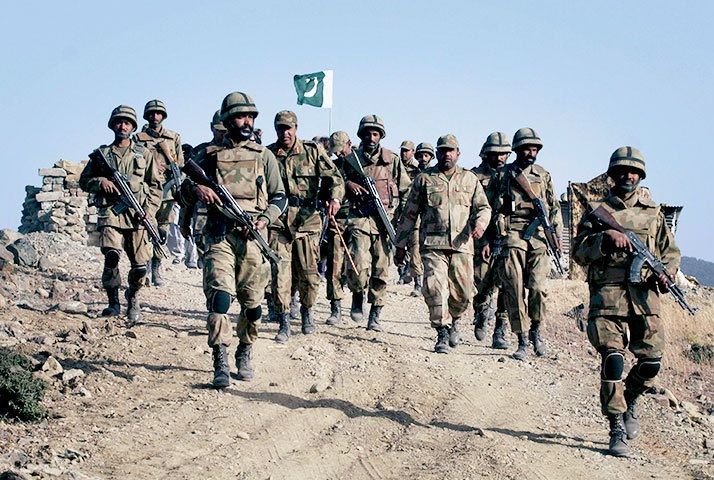



.jpeg)
